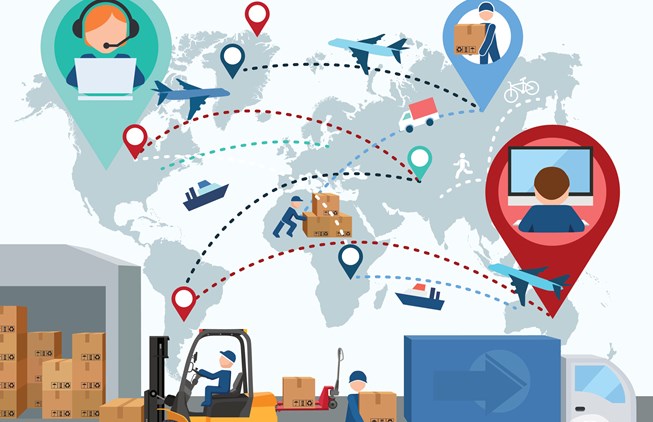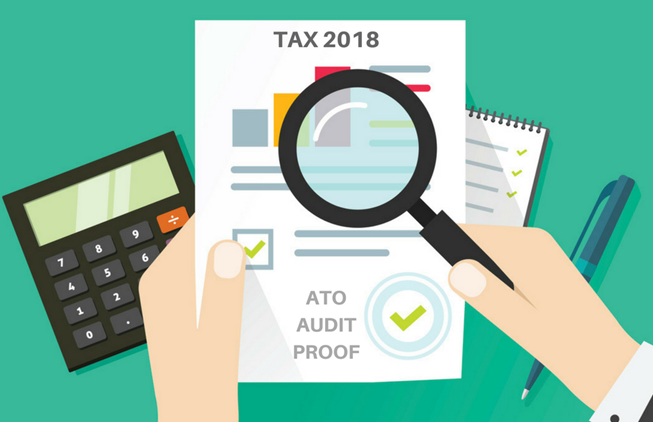
As of 1 July 2018, the goods and services tax (GST) will apply to Low Value Imported Goods (LVIGs) with a value of $1,000 or less. This is the second major legislation change targeting overseas suppliers, following the “Netflix tax” imposing GST on the supply of digital content, games and software.
Although the changes will now cover a wider range of imported items, not all will be subjected to GST. Items which are categorised as GST-free and Input Taxed will continue to be exempt. These items may include food, beverages, tobacco, medical and health.
For Australian small businesses, the legislation change will impact in a number of ways:
1. Evens the playing field where cost is a key driver for a buyer. With the same GST registration requirements for overseas business, the electronic platform selling the product (ie. Amazon) or a re-deliverer, almost all Low Value Imported Goods will be required to include GST.
2. No cost savings, only cashflow cost for Australian businesses. Purchasing LVIGs will require upfront payment, to then be claimed back later from the ATO, affecting cashflow with $nil benefit to business’ profit.
3. More admin time and paperwork required to avoid the cashflow cost as above. Australian businesses can provide proof of GST registration to each overseas supplier so the transaction can take place GST free. Time adds up for a small business in submitting and resubmitting paperwork, verifying the GST registration status of suppliers or dealing with a future ATO audit of overseas arrangements.
4. Cost of non-compliance. How the ATO will enforce this legislation for a high volume of suppliers across international borders using changing technology is not yet understood. Key areas of potential non-compliance include:
- Suppliers not charging GST on goods,
- GST registered entities not remitting GST to the ATO after collection,
- Who is registered? The supplier, selling platform or re-deliverer?
Australian businesses will face higher audit risk with the onus on purchasers to ensure they hold legitimate invoices from correctly registered entities
While domestic and international pricing will become more competitive, time will tell how the added business cost and compliance risks will impact Australian businesses.
To discuss the GST on LVIGs and your business, contact your Altitude Adviser.


